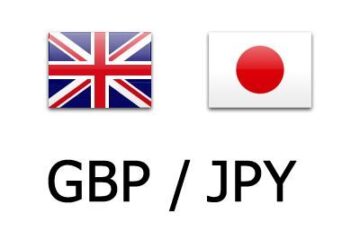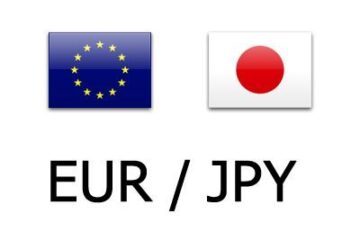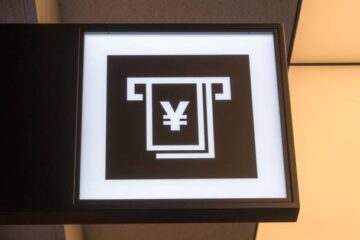Delta pilots negotiated a salary hike of more than 30%.
Over the last year, Delta (DAL) – Get Free Report pilots have been going head-to-head with the airline over labor issues. After months of picketing and stalled negotiations, its pilots overwhelmingly voted to authorize a potential strike at the end of October.
In many ways, this represented years of frustration over everything from pay to various cost-cutting measures instituted every time there’s a spike in fuel prices.
“We are willing to give blood to make this go, but we are not willing to finance mistakes going forward,” Delta pilot John Urbik told TheStreet’s reporter back in 2006 during difficult contract negotiations.
The potential of a strike during the busy travel season caught the attention of the airline’s leadership more than anything else. Last week, Delta and the union representing the airline’s pilots announced that they had reached an early deal in which pilots would get the salary hike of about 34% over the next four years.
Why Were Delta Pilots Unhappy?
“We are pleased to have reached an agreement in principle for a new pilot contract, one that recognizes the contributions of our pilots to Delta’s success,” a Delta spokesman told CNBC in an email.
With approximately 13,000 pilots working for Delta in 2021, the deal would also add approximately $7.2 billion in cumulative value to this segment of its workforce. It will also give each pilot an immediate 18% pay hike on the day the contract is signed.
Many of the issues that were raised by the pilots over months of negotiations are uniform across the industry. One study estimated that North American airlines will be short 12,000 pilots by the end of 2023. Even the U.S. Air Force currently has 1,500 fewer pilots than it wants.
Some of this comes down to the fact that, unlike most other industries, pilots have a mandatory retirement age of 65 as well as the disproportionate earnings-to-cost of becoming licensed. Passing the certifications and flying the required number of training hours can easily reach over $100,000 while a commercial pilot earned an average of $90,149 in base pay last year.
Carlos Gonzalez/Star Tribune via Getty
Industry-Wide Ripple Effects of the Delta Deal
But things truly came to a head as the airline industry emerged from the pandemic. Many airlines, including Delta, did not rehire the people they laid off amid the pandemic fast enough and suddenly found themselves severely understaffed in late 2021 and 2022.
There is little doubt that pilot unions from other airlines are following the Delta deal closely. United (UAL) – Get Free Report and Southwest (LUV) – Get Free Report have all picketed for similar reasons in the last six months. In October, pilots for American (AAL ) – Get Free Report rejected a 19% pay hike over two years.
As Delta’s agreement is so far the biggest and most far-reaching, it could set the tone for what we will see across the industry. Just as Delta picked up negotiations in order to avoid a holiday strike, United sped up the 5% raise it was planning to give pilots.
“Accelerating our raise does not change the fact we still need a contract that fully recognizes the contributions we make every day to the success of our airline,” United’s union wrote in a note to members.
CNBC also reported that Delta’s agreement clearly specified that any deal would ensure that its pilots would always earn at least 1% more than pilots at competitors like American and United.


